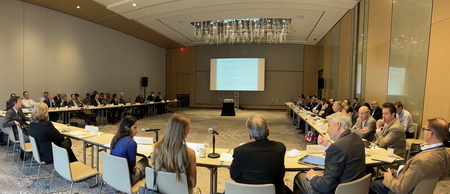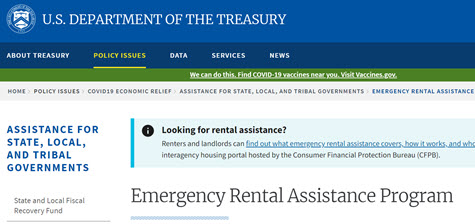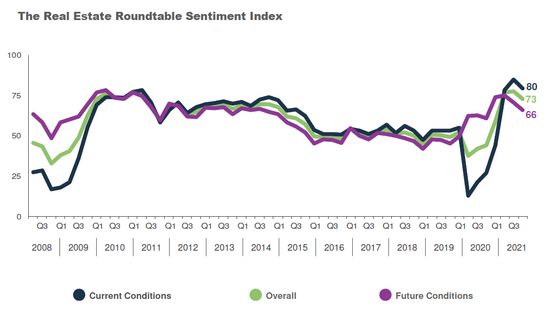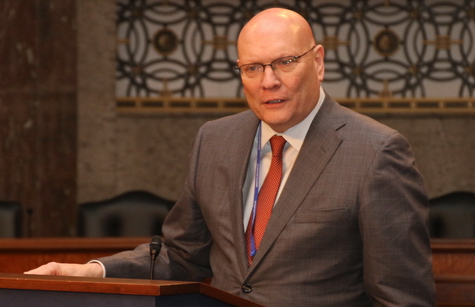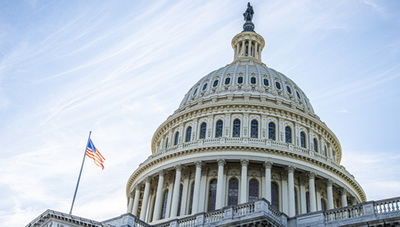
On Monday, The Roundtable as part of a broad housing coalition wrote to policymakers offering solutions to address rising insurance premiums across the nation’s housing market and its significant impact on all stakeholders throughout the commercial real estate industry. (Letter)
Coalition Policy Solutions
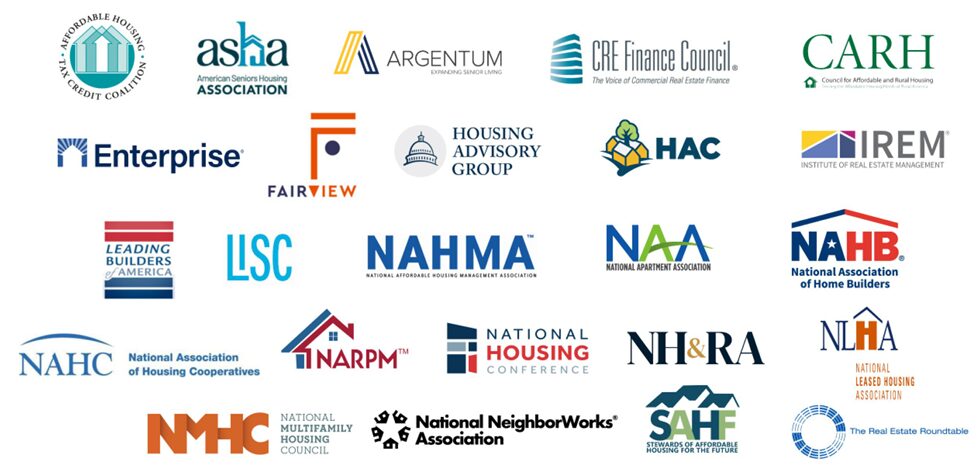
- The lack of affordability and availability of insurance options has both short- and long-term implications for the real estate industry’s ability to address the housing crisis.
- The letter suggests several measures to mitigate these issues, including regulatory reforms, public-private partnerships, and innovative insurance products tailored toward affordable housing projects.
- Federal Backstop for Catastrophic Coverage: A federal backstop, similar to terrorism risk and national flood insurance, could help stabilize the market.
- Adjust Operating Cost Adjustment Factor (OCAF) Methodology at HUD: Use industry data for property and casualty insurers to reflect actual insurance costs for rental housing.
- Modernize Insurance Requirements: Revise stringent insurance requirements for federally-backed loans to provide more flexibility.
- Expand Federal Grants and Programs: Leverage existing federal programs to subsidize insurance costs and support resiliency investments.
Unprecedented Insurance Rates
- The volatility in the insurance market, driven by more frequent natural catastrophes and inflation, has led insurers to raise premiums, increase deductibles, and limit coverage.
- Rising insurance premiums significantly impact housing providers, developers, and renters across the U.S., exacerbating housing affordability challenges and disincentivizing providers from participating in the affordable housing market.
- Insurance rates have surged dramatically, with property insurance rates increasing for 25 consecutive quarters and casualty insurance rates for 17.
- Over the past three years, affordable rental housing communities have seen premium increases ranging from 30% to 100%.
- An October 2023 survey and report, commissioned by the National Leased Housing Association (NLHA), found that affordable housing providers are facing much higher premiums, with nearly one in every three policies experiencing rate increases of 25% or more in the most recent renewal period.
National Flood Insurance Program (NFIP)

- A recent report by the Joint Economic Committee Democrats found that the total annual economic burden of flooding in the United States is between $179.8 and $496 billion—equivalent to 1-2% of U.S. GDP in 2023. (JEC Report on Flooding)
- Congress has enacted 30 short-term extensions of the NFIP. The most recent stopgap spending bill extended the NFIP’s funding through September 2024. (PoliticoPro, June 10)
- The Roundtable has been a long-standing supporter of a long-term reauthorization of the NFIP with appropriate reforms.
- A long-term reauthorization of the NFIP is essential for residential markets, overall natural catastrophe insurance market capacity, and the broader economy.
The Roundtable, along with its industry partners, continues to work constructively with policymakers and stakeholders to address commercial insurance gaps and rising costs through targeted policy solutions that can help alleviate the burden on housing providers and ensure the availability of affordable housing nationwide.








